Last week, I had a session with a student that experienced a failed Series 79 exam…twice. He had studied for months, and scored over 90% on his practice tests, but was still having issues. It only took a few minutes before I realized the issue. In this post, I’d like to highlight something that I see many students experience, and then some solutions.
Failed Series 79? How Could That Be With Such Great Practice Scores!?
If you are consistently getting 90% or higher on your practice questions, then that’s great! But, before patting yourself on the back, the first question to ask is: How many times have I done these questions? The most common issue that I run into with students that are doing well on the practice tests, but subsequently struggle when we go over specific examples, is that they have memorized the practice questions.
STC and Knopman have a large set of questions. If you do not already know the material, I do not recommend you dive into questions. It might seem like a lot, but you can zip through 1,000 practice questions in a month easily. If you take a question before you know any of the multiple choice answers, it’s a guess anyway, and won’t help you for the exam. I would advise you to study the curriculum first. If you get through all of the questions too early, then when you circle back through to really test your knowledge, you won’t be able to differentiate between whether you truly understand a concept, or have just memorized the question/answer. At that point, the only solution is to change your learning strategy. Get another resource for questions. Doing the same ones over and over won’t help much, in my view.
Know Your Formulas Cold
Whether you need to calculate diluted earnings per share, straight-line depreciation expense, or enterprise value, the formulas are critical. Furthermore, math questions are “gimmes”. The math is rarely too complicated and the answers are cut and dry. Math is not up to interpretation (as some regulations can at times seem). The key is knowing the formula. Spend some time committing formulas to memory to avoid a failed Series 79 exam. With only 75 questions on the exam, you don’t need to know a lot. But if you can learn some simple calculations (which will also help you as an investment banker), then you can assure yourself a few extra points on the exam. That can often be the difference between a pass and fail.
Take Your Time…If You Can
Many of my students are rushed into the exam. This is usually driven by their bosses, or a desire to get the exam “over with.” Don’t rush it. Take your time studying. A failed Series 79 exam is not good for you, or your boss. The Series 79 top-off is a challenging exam so don’t be surprised if it takes you more than a month to study. If you put in 8 to 10 hours per week, and 6 weeks of studying, then you can easily hit 60 hours of study time. This might even be on the lower end. The students that I tutor that had already experienced a failed Series 79 exam, often study for well over 100 hours in total. Consider a little push back (diplomatically, of course!) with your boss if he/she demands too much with respect to the exam. The FINRA exams of 15 years ago were much different than today. As a result supervisors/bosses often dole bad advice for free to many of the students that I see.
Either way, consider a Series 79 tutor if you need help. I’d be happy to help, and of course there are many others out there too.
As for the student mentioned above that did well on the practice tests, he had memorized every answer. Don’t fall into that trap. Learn the content as much as you can and study hard before you take the practice questions.
Good luck!
